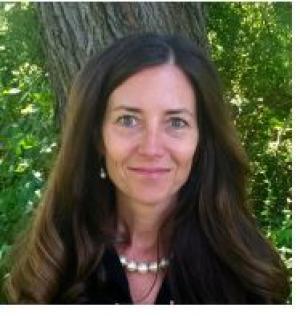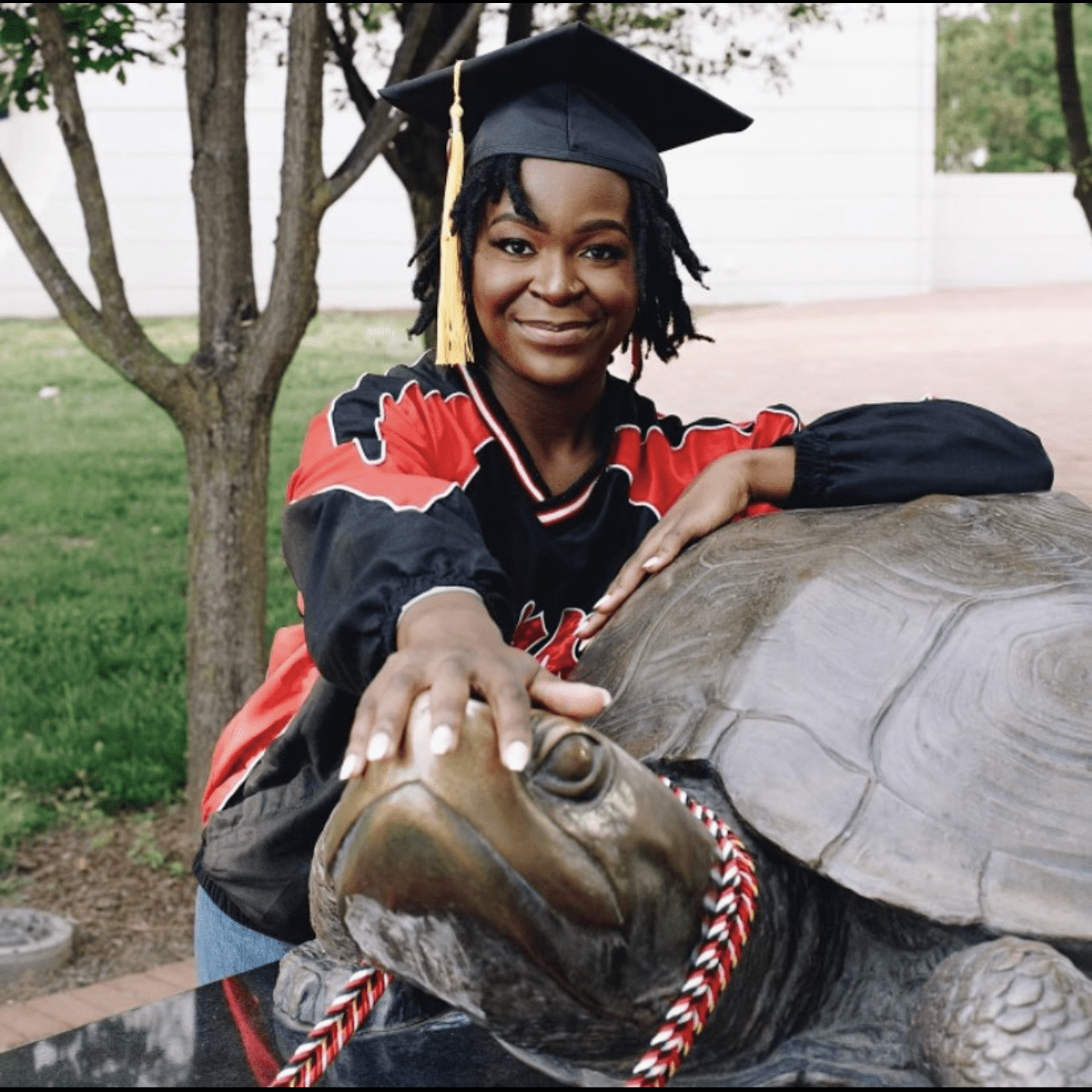Civic Engagement for Social Good
Inspiring community collaboration and meaningful change
Introduction
The world critically needs changemakers committed to understanding social issues and collaborating alongside their communities to foster meaningful change. In Civic Engagement for Social Good (CESG), previously known as CIVICUS, students work with organizations addressing a range of societal challenges, including poverty, food insecurity, housing insecurity, child welfare, education, political activism, animal rights, and the environment. Students explore:
- Issues impacting local communities
- Organizations that are addressing pressing social issues
- Ways to engage in hands-on work in civic engagement
- Strategies for deliberative dialogue in a multicultural world
- Methods to leverage their strengths to make sustainable change
CESG coursework and community engagement activities operate in tandem, creating a synergy that enhances the overall student experience. Coursework provides an opportunity for students to explore the root causes of social needs and strategies for addressing social concerns that they see during their work in the community, while service projects and co-curricular activities create an environment for students to implement what they learn in the classroom.
As an interdisciplinary program, CESG students represent a wide range of academic interests and majors. Civic Engagement for Social Good encourages students to ground their work in their passions, academic majors, and professional interests.
Through their shared passion for social good and engagement in co-curricular activities, CESG students form a close cohort who develop strong friendships and support each other throughout their time at UMD.
Colloquium and Lecture Topics
- The complexities and the structures that cause social issues
- Concepts related to the theories and practices of civic engagement
- Models for working towards positive social change
- Ways to engage in difficult conversations with empathy around differences of perspective, beliefs, and identities
[This program] has made me a kinder, more compassionate, more informed person. [It] gave me the opportunity to get my hands dirty, to engage in the community in ways I never thought I could. [It] has taught me that it takes a village but also that I can make tremendous change myself..providing me with more opportunities for learning and character-building than I would've gotten in any other program or club.
Other Learning Opportunities
Students are actively engaged in UMD, College Park and surrounding areas, and Washington, DC annually completing over 1,000 hours of volunteer work. Students can choose from over 100 projects per year with a wide array of partner organizations.
Students:
- Participate in civic engagement projects. Recently, students have acted as mentors for local elementary students, planted trees to increase the canopy in Washington, DC, served meals from a mobile soup kitchen, handled dogs at a humane rescue adoption event, canvassed on behalf of political candidates, and captioned videos to ensure accessibility for a wider community.
- Take trips to Washington DC and the surrounding area where they participate in scavenger hunts, visit memorials, monuments, and museums, and attend baseball games, cultural heritage events, and the performing arts.
- Meet guest speakers, including politicians, staff members from local non-profit organizations, and local community leaders and activists
- Participate in community-building activities, such as challenge courses, trivia nights, bingo, BBQs, and study breaks
CESG staff provide the planning, logistical support, and transportation for most activities. All second-year students also participate in a capstone experience for academic credit. The capstone can include an internship, extensive work with a non-profit, or affiliated experiential learning courses. Students in the past have held internships in local and national politics, non-profits, high-profile media outlets, medical facilities, research labs, mentoring organizations, and peer dialogue training. The capstone gives students authentic experiences and skills that help support their academic work, career goals, and future community engagement efforts.
Curriculum Overview
Over the two-year program (four semesters), students complete 12-credit hours that count toward their CESG Scholars citation. The following table represents a typical two-year curriculum. Details about courses and requirements can be found on the CESG Citation Checklist
| SEMESTER | COURSE | CREDITS |
|---|---|---|
| Semester 1 | CPCV 100: Colloquium I | 1 credit |
| CPCV 225: Intro to Civic Engagement for Social Good | 3 credits | |
| Semester 2 | CPCV 101: Colloquium II | 1 credit |
| Semester 3 | CHSE 328C: Intergroup Dialogue (DVCC) | 1 credit |
| Semester 4 | CPCV 230: Internship; or CPCV 240: Service-Learning; or CPCV 250: Research; or |
3 credits 3 credits 3 credits |
| Semester 1, 2, 3, or 4 | Supporting Course (var. Gen Ed) | 3 credits |
Sponsoring College
Office Address
1103 Centerville Hall
Office Email
Faculty


Deborah Omotoso
News and Notes, Etc.
Civic Engagement for Social Good News
FAQs About Scholars
Every spring when incoming college freshmen are invited to join College Park Scholars, we receive questions from prospective students and parents, asking for clarification on various aspects of our program. Here, we’ve gathered the four most frequently asked questions (FAQs) to aid you in your college decision-making process. What is the value of a living–learning community? The benefit of a living–learning community is that you connect with other students on both a social and an academic level. In College Park Scholars, students live in the same residence hall and floor as other people in their programs, enabling built-in study and social groups and helping to foster community.
Why UMD was the College of Choice for These Scholars
Everyone’s college decision process is different. Here are some examples of Scholars students who chose the University of Maryland (UMD) for distinctly different reasons. Mari Lemmie Hometown: Baltimore, Md. Year: Senior Major: Public policy Scholars program: Justice and Legal Thought
Scholarly Tradition of Academic Showcase Finds a New Home
College Park Scholars means two years of learning across disciplines, considering complicated problems and making connections between the classroom and the rest of the world. As a capstone to that experience, we require sophomore Scholars to identify and complete a practicum project. In 2017, a sophomore in our Environment, Technology and Economy program developed a sustainability intervention as part of an internship. A Science, Technology and Society student researched basic income and workforce automation. A group of Public Leadership sophomores organized to start a local chapter of a national camp for children of cancer patients.
Education Major Embraces Science in SDU
This blog post is the first in the "Choosing Scholars" series, which examines various aspects of College Park Scholars. When Erin McCormick was invited to College Park Scholars last year, she knew that she wanted to pick a program that would expand her world view and teach her something different. “I wanted to expose myself to subjects I wasn’t confident in in high school,” McCormick says. After reviewing the curricula for the 12 Scholars programs, she was drawn to the Science, Discovery and the Universe (SDU) program because she hadn’t yet had the opportunity to learn about astronomy.
Scholars Partnership on Virus Study Builds Upon Flu Findings
They say laughter is contagious. And yawns. And, of course, the flu. Most people figure they catch the flu by touching contaminated surfaces or being exposed to droplets from a sick person’s coughs or sneezes. But it turns out the flu may be even more contagious through the air than we had thought. University of Maryland Professor Don Milton and several other researchers just released new findings that the flu may actually be spread just by breathing. For students of College Park Scholars, the discovery underscores the unique opportunity they have to be involved in groundbreaking public health research.


